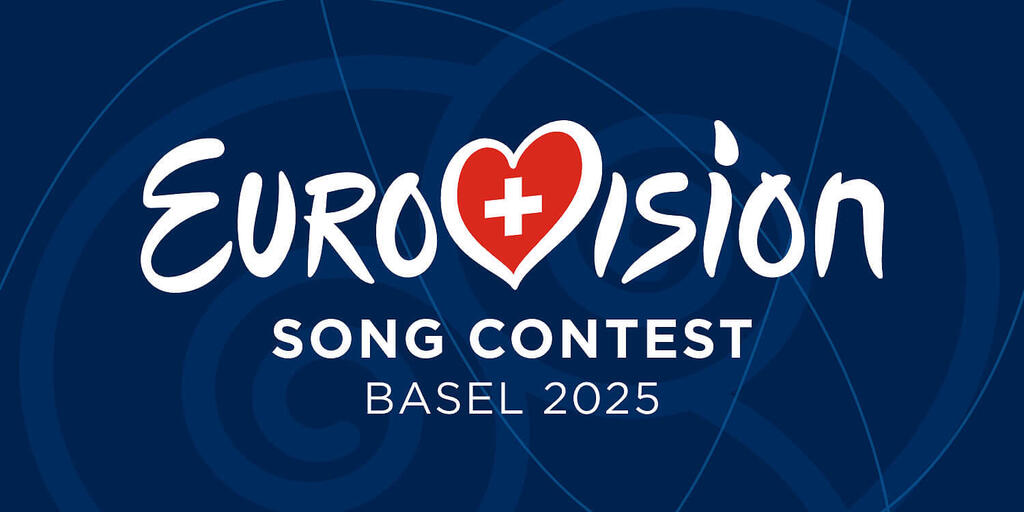Getting your Trinity Audio player ready...
Following the controversy over the disqualification of Israel’s Eurovision entry last year, and subsequent alteration of Eden Golan's song from "October Rain" - referring to the Hamas massacre - to "Hurricane," the European Broadcasting Union (EBU) has introduced stricter participation rules for the competition coming up in Basel, Switzerland.
One of the new regulations, implemented in the wake of the war in Israel and various political statements, is a complete ban on political expressions by songwriters and creators participating in the Eurovision Song Contest.
According to sources within Kan (the Israeli Public Broadcasting Corporation), the EBU has informed all participating countries, including Israel, about the updated guidelines.
On Monday, Israel officially announced the beginning of its selection process for the 2025 Eurovision song, which now includes the new clause prohibiting political statements by creators.
Eden Golan performing 'Hurricane' in the finals of the Eurovision
(Video: EBU, Kan 11)
Creators are required to acknowledge and agree to the following: “In accordance with the rules of the European Broadcasting Union, Eurovision is a non-political event, and participants commit to refraining from making political statements in connection to the representing song and/or the Eurovision Song Contest in general. Additionally, creators must avoid any expressions or actions that could harm Eurovision, Kan, the European Broadcasting Union, or their reputations.”
Get the Ynetnews app on your smartphone: Google Play: https://bit.ly/4eJ37pE | Apple App Store: https://bit.ly/3ZL7iNv
Last year, Israel found itself at the heart of a Eurovision controversy when its submitted song was disqualified over allegations of containing political lyrics. The competition itself faced boycotts from certain participants, and Israel’s representative, Eden Golan, endured boos during her performance and was even forced to wear a disguise.
In the Israeli regulations for submitting a song to Eurovision, Kan emphasized the song must not disparage the State of Israel and must include at least two lines in Hebrew.






